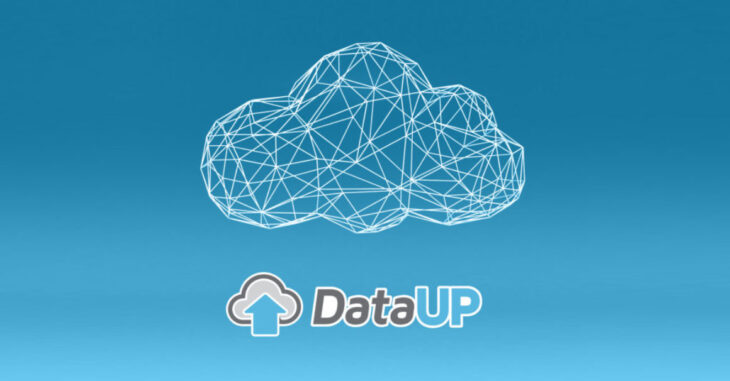
For our first blog post, we thought we’d go back to basics and focus on defining Cloud computing as, although it certainly isn’t a new phenomenon, there appears to be persistent misunderstanding.
Cloud computing seems to be the latest buzz-word – everyone’s talking about it, and you’re seen as being behind the times if you don’t have a Cloud solution mapped out. In case you needed more proof of its significance, the industry generated $100bn in 2012, with estimates that this could increase to as much as $270bn by 2020, which is less than five years away (Griffith, 2015).
So what is it? Oxford defines Cloud computing as the practice of using a network of remote servers hosted on the internet to store, manage, and process data, rather than a local server or a personal computer.
Put simply, Cloud computing is just storing and accessing data over the internet, as opposed to via a hard drive. This means files can be accessed anywhere, without needing to be physically connected to your network.
The Cloud is differentiated in three ways: public, private and hybrid. Public Clouds, including those operated by Amazon and Facebook, involve storage over the internet freely available to all users. Though these clouds offer efficiency in resource sharing, they are less secure, with data often stored in unknown locations.
Conversely, private Clouds are owned and managed by an organisation, with use restricted to authorised individuals. This option is obviously best for business and personal data as it is more secure, with the location of data storage known to users, reducing vulnerability. At Data UP, private Clouds are our specialisation.
A hybrid Cloud model is a combination of both public and private Clouds, along with data stored internally, or onsite. This can be configured depending on the type of data and the unique storage needs of users.
Now that we’ve got the basics down, stay tuned for our next post as we delve deeper into the world of the Cloud.
Griffith, E, 2015, What is Cloud Computing?, http://au.pcmag.com/networking-communications-software-products/29902/feature/what-is-cloud-computing
How did we do for our first post? Let us know your thoughts